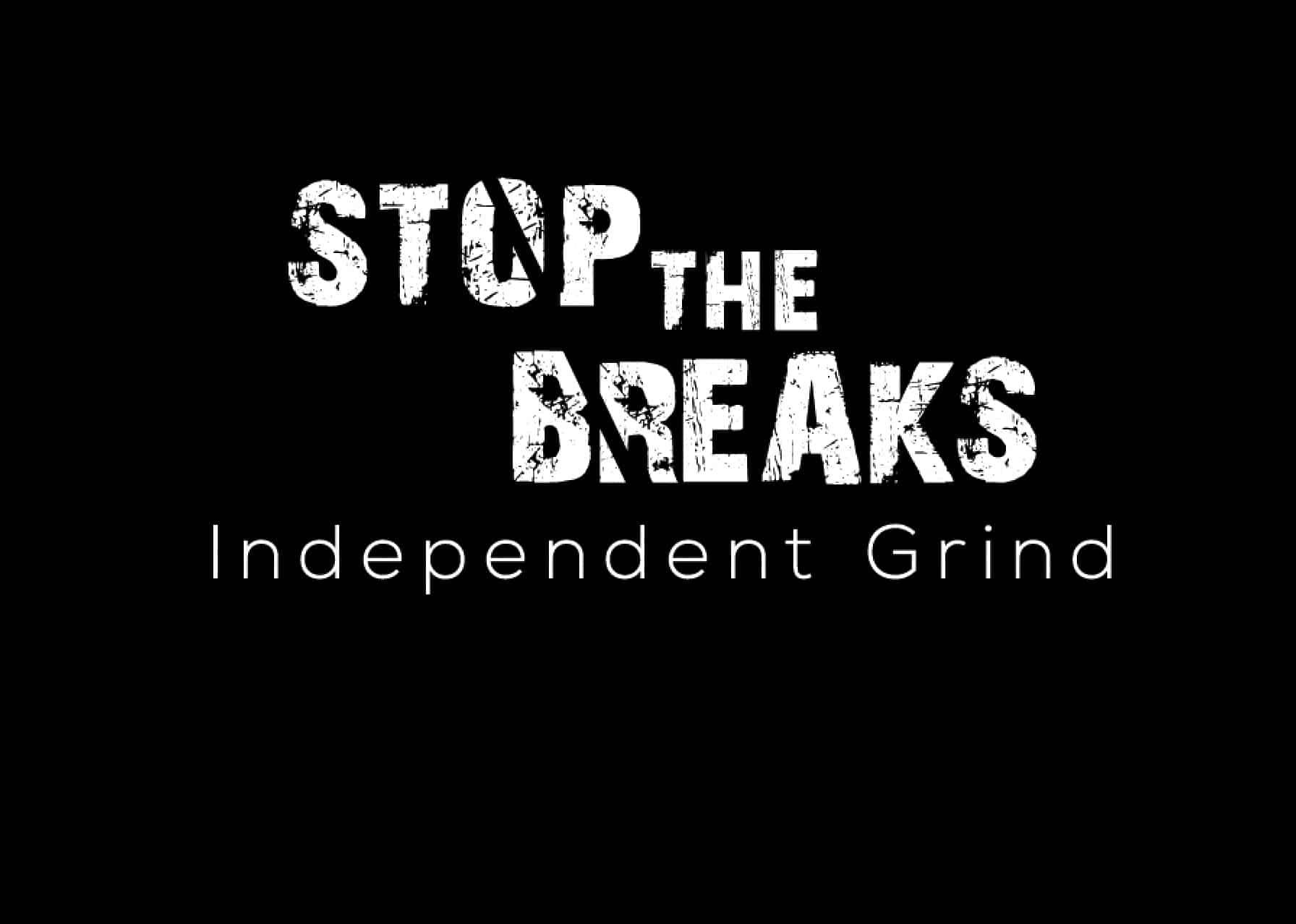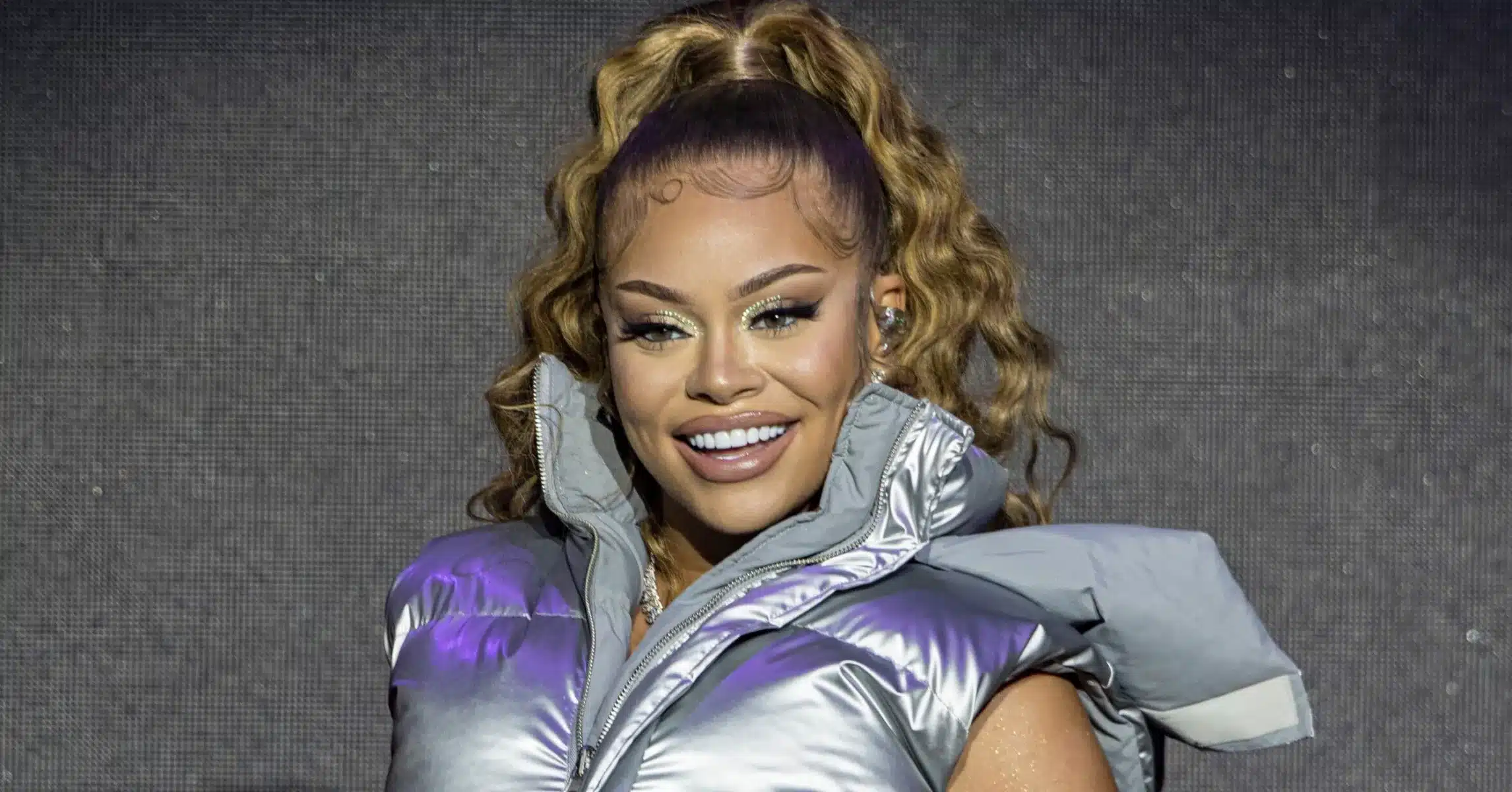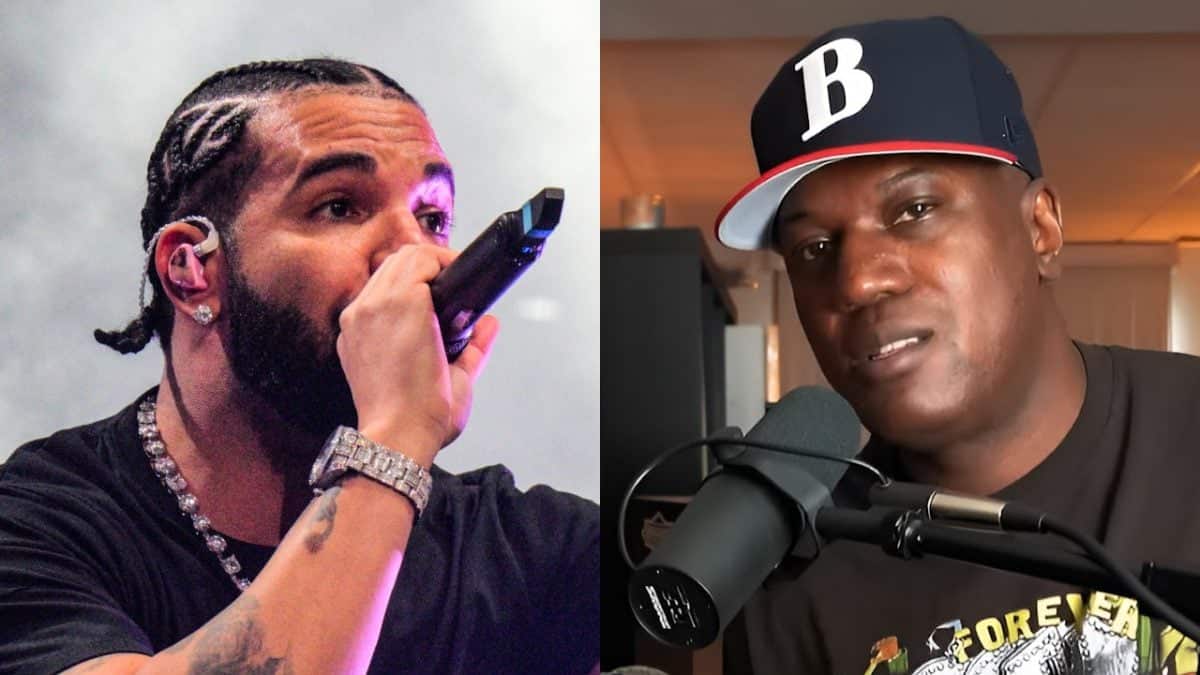The drama in the hip-hop media world has hit a fever pitch as two of its most recognized figures, Joe Budden and Adam22, engage in a heated exchange over their respective influence and relevance. This spat offers a fascinating glimpse into the competitive and often ruthless nature of media within the hip-hop industry.
Adam22 recently fired shots at Joe Budden, claiming superior metrics across various platforms. According to Adam22, No Jumper’s main channel coupled with their Clips channel amassed 26 to 27 million views in the last month, significantly more than the 12 million views Joe Budden’s channel garnered. Adam22 didn’t stop there, boasting of No Jumper’s dominance on Facebook, Snapchat, and Instagram with three million followers.
In response, Joe Budden dismissed Adam22’s claims, refuting the idea of a ‘hip-hop media big three’ and throwing some shade back by questioning Adam22’s credibility. Joe Budden made it clear he doesn’t see Adam as part of any significant media hierarchy and implied that Adam’s perceived impact is overblown.
The discussion naturally veered into the numbers game that dominates media conversations. While Adam22 might have the numbers, the argument was made that numbers alone don’t equate to cultural significance or influence. It was emphasized that in hip-hop media, some platforms with lesser views and budgets still produce more impactful and culturally relevant content.
The conversation also exposed the murky practices behind media numbers. It was revealed that many views might be bought, and not entirely organic. This mirrors the music industry’s tactics where boosting views and likes are common. This brings into question the authenticity of viewer engagement on these platforms.
There was also a critique of the content put out by these supposed top players. The argument was made that much of the content from the ‘big players’ like Adam22 and DJ Akademiks promotes negativity and sensation over substantive, meaningful dialogue. Despite this, Akademiks was acknowledged for his independent grind and undeniable presence in the game, even if his tactics and content are often controversial.
Furthermore, concerns were raised about the business side of interviews. It was argued that many guests on big platforms might have been paid to appear, which skews the perception of these platforms’ organic reach and influence. The authenticity of organic relationships and genuine content creation was contrasted against the transactional nature of some interviews, where money often dictates appearances.
Despite the contentious nature of these discussions, the essence of hip-hop media’s independent hustle was celebrated. The argument was made that content, cultural relevance, and genuine engagement still matter more than inflated numbers. There’s a call to recognize the value of smaller, independent platforms that produce quality content without resorting to sensationalism or questionable practices.
In conclusion, the spat between Joe Budden and Adam22 has opened up broader conversations about authenticity, content quality, and the nature of success in hip-hop media. It’s a landscape where numbers are only part of the story, and real influence comes from genuine engagement and cultural impact.
The clash between Joe Budden and Adam22 is more than just a personal feud; it highlights the complex dynamics of hip-hop media. While numbers are important, they don’t always tell the whole story. Cultural impact, authenticity, and quality content are what truly matter in the end.




